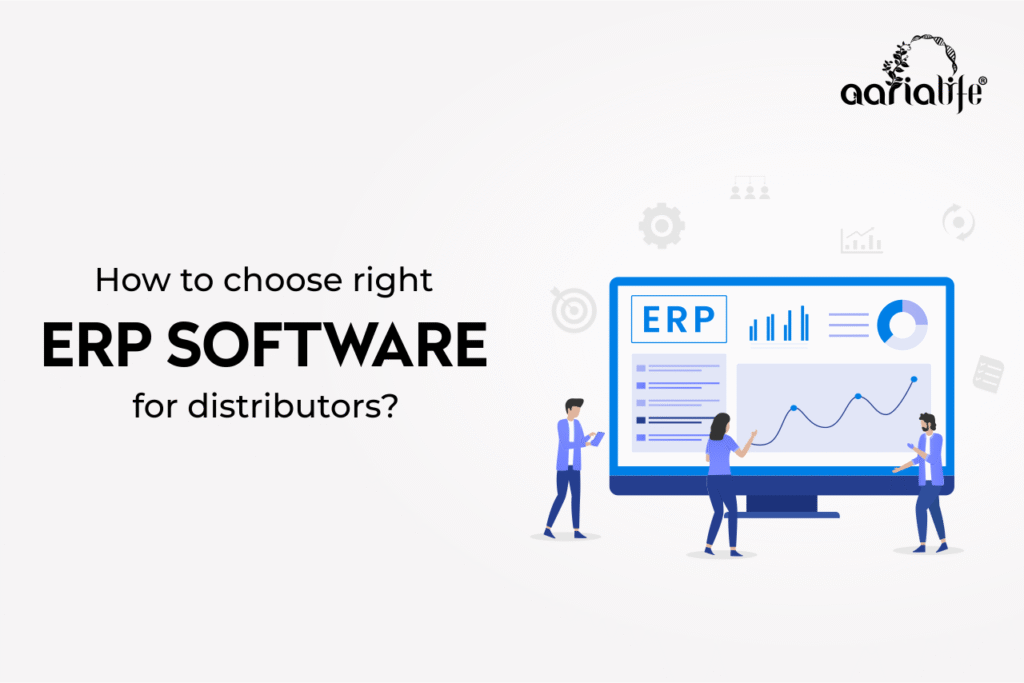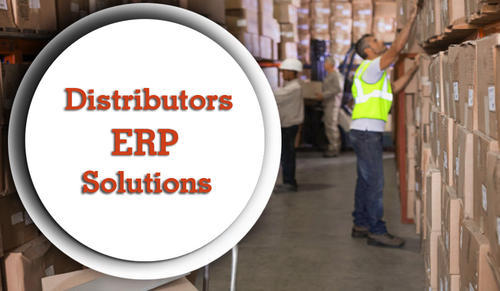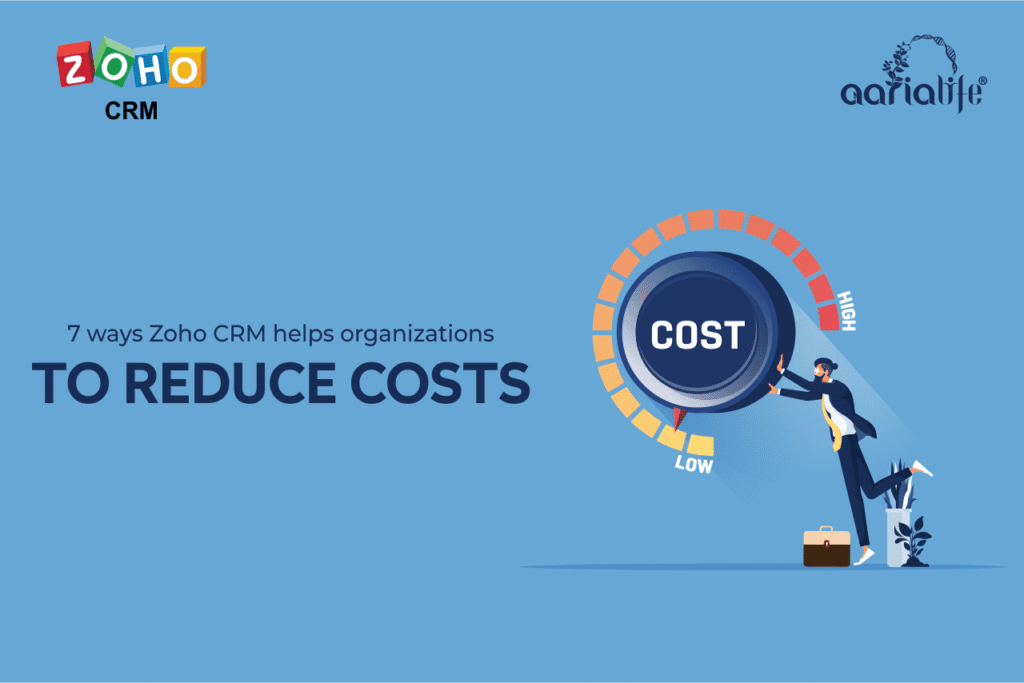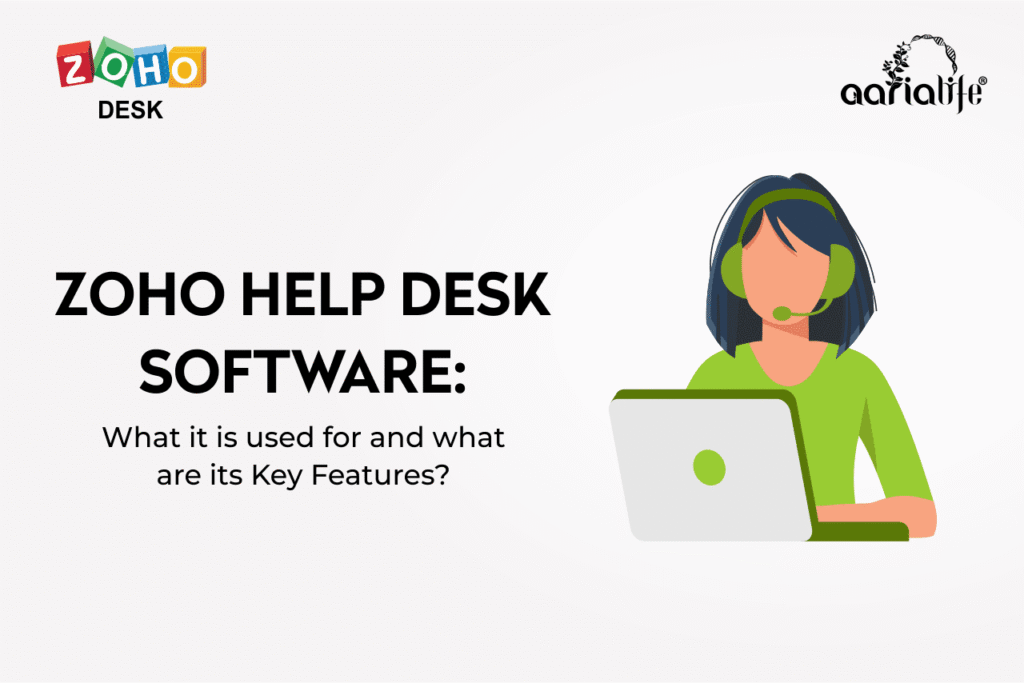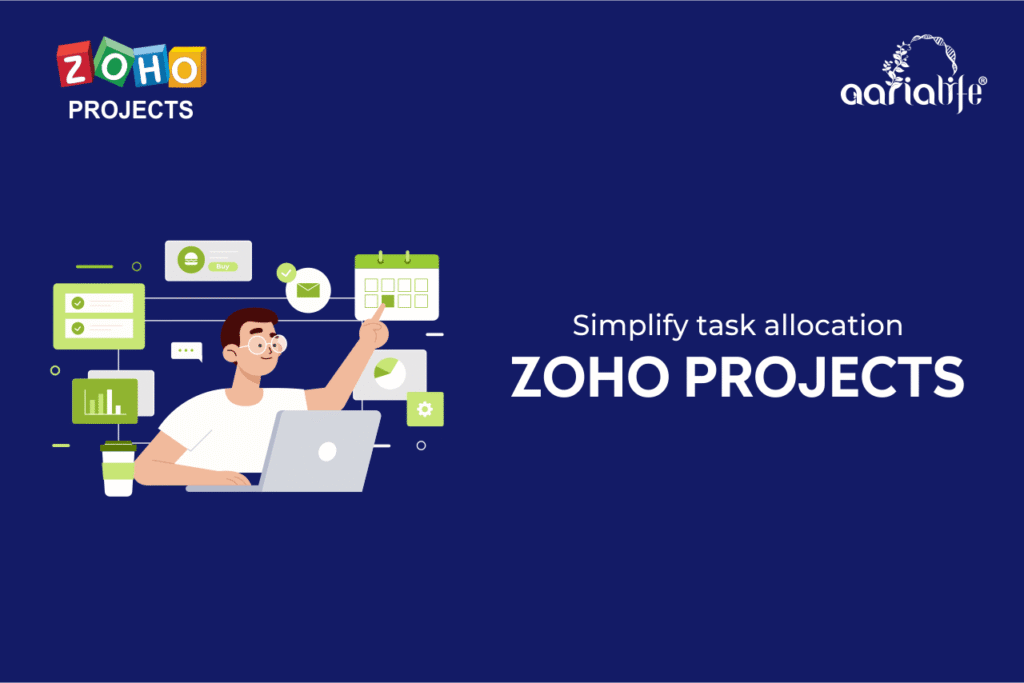Keeping track of finances, sales, movements, inventory – as well as surpluses and deficits – is a lot to ask of distributors. However, wholesale distributors also have capital investments in complex supply chains that must be monitored, unlike manufacturers and wholesalers.
The wrong ERP for distributors that don’t fully meet their needs can waste precious time and money because so much is at stake.
Generally, medium-sized distributors invest in ERPs (Enterprise Resource Planning) as they run tighter operations and can’t afford to have their stocks fluctuate. In addition, they spend more per item in inventory, resulting in smaller profits.
In addition, mid-sized distributors tend to be more vulnerable to uncertainties in the business world compared to their larger counterparts.
Distribution companies benefit greatly from ERP systems, regardless of whether Indian or global, since they uncover revenue-generating opportunities within complicated internal processes. The main reason for updating their e-Commerce integration with online stores is to keep up with market pressures and increase competition. The advent of technology and digital innovation has transformed the way data about customers, resources, and operations are used.
Read more on- Best ERP for Wholesale distribution in India.
Consideration for larger distributors choosing a New ERP Software Package
Is your wholesale distribution company a large distributor? Then your business is complex and has more legal requirements than an SME (small and medium enterprise). Perhaps your business has already gone global or you plan to do so. To successfully select an ERP system, you must be vigilant and thorough.
The entire process of getting and implementing software should take at least one year. Since this is a complex process, you should consult an expert who can help you select and implement software. In terms of features, consider both standard features and industry-specific advanced features. These features must include:
- Sales Order Management- Using sales order management features, modern ERP systems for distributors automate the order processing process. Point Of Sale software and omnichannel ordering tools are used to gather customer data. The following functionless should be included in an ERP for distribution businesses:
- Sales order processing
- Sales order fulfillment
- Sales order inquiry
- Sales order reporting
- Shipping management
- Return management
- Self-service for vendor
- Self-service for customer
- Customer pricing
- Financial Management- An ERP with financial management functionality can offer you a full picture of your finances at the item and customer level. There are many financial planning modules in an ERP. ERPs should support tax regulations, currencies, and cost calculators applicable to your area and business sphere.
- Profitability analysis
- Cost-to-carry optimization
- Asset management
- Accounts payable
- Accounts receivable
- Budget forecasting
- Order billing and invoicing
- Financial reporting
- Debts management
- Human resources
- Payroll management
- Taxation management
- Customer Relationship Management (CRM)- The feature syncs account, contact, and customer identifiers with the ERP. As well as having insights into customer behavior, distributors can better meet customer needs with CRM features like:
- Contact management
- Inquiry management
- Quotes and estimates
- Promotions management
- Salesforce management
- Opportunity analytics
- Supply Chain Management or SCM- It consists of many different players such as manufacturers, suppliers, distributors, retailers, and customers. A supply chain manager (SCM) plans, executes, controls, and monitors supply activities.
- Demand and planning
- Procurement
- Production
- Shipment
- Document Management and Contract Management- Dealing with everyday documents can overwhelm your company with paper. It is easy to fax or email a purchase order to a customer with just a mouse click.
-
- Shipment
- Emailing and faxing
- Email status
- Barcodes onto the label
- Logging and email transactions
- Report security
- Document batching
- Scheduled send times
- Procurement Management- To run their operations smoothly, distributors need ERPs with integrated procurement capabilities. They help manage orders from third parties, drop shipments, and recurring purchases, including:
- Bid management
- Purchase orders
- Purchase management
- Multiple shipments
- Procurement planning
- Vendor management
- Distribution requirement planning
- Capacity requirement planning
- eCommerce for distributors- Through B2B eCommerce, distributors connect with manufacturers, vendors, and wholesalers through specialized software known as eCommerce for distributors. No matter whether you are running a medical supply eCommerce store or an electronics eCommerce store, you will need to gather product, pricing, customer, and order data.
Seamless integration, accurate, real-time ERP data into your online store result in a better customer experience and customer satisfaction. Make sure that you can synchronize:
-
- Product and description data
- Price list and user group data
- Customer-related data
- Order fulfillment data
- Invoice and inventory data
- Delivery and return data
- Business Intelligence or BI- While ERPs help processes and operations run smoothly, BI goes one step further. A Business Intelligence system allows you to identify sales trends, analyze and transform data from your system into valuable business information. By using these insights, you can make informed decisions, access business performance instantly and create targeted marketing campaigns to drive sales.
- Protect cash flow
- Powerful data analysis
- Trend analysis
- Performance metrics
- Access from any device
- Inventory and Warehouse Management- Order fulfillment and processing are features of warehouse management, which allow for more accurate inventory management. They automate picking, packing, shipping, and putting away. ERPs with these warehouse management features:
- Slotting optimization
- Picking procedures
- Demand correlation
- Pick-to-light optimization
- Shipping management
- Kitting functions
- Tagging functions
- Outbound processing
- Wave and load planning
- Container packing
- Multiple warehousing
- Off-site equipment
Additionally, it should be easy to integrate your software with enterprise applications like QuickBooks.
A New ERP Software: A consideration for small and medium Distributors
Small and medium businesses can manage their ERP software requirements. They are the only ones in charge. A number of software tools are designed with your type of business in mind. The important thing is to choose the right ERP system. Factors to consider:
- Available resources– Financial struggles are common among SMEs. ERP software may not be implemented at this point if you are not yet stable. Simpler ERP systems are better suited to tight budgets.
- Features– If you want your SME to grow with the help of ERP, you need to purchase a system with helpful features. At a minimum, it should have some common features like accounting functions with financial management, inventory management, sales order management, and analytics capabilities.
It is essential to involve your entire staff in the selection and implementation of ERP.
Embrace Distribution ERP Software to Grow Your Distribution Business
Deciding to transform your large or midsize business with a distribution ERP is a big step. That’s a big deal. Take this step seriously. The next item on the checklist is to choose the best cloud ERP solution for your business. And after that? The implementation strategy.
This part is intimidating. Quite rightly so. It’s an important step. It is a necessary step if you want to remain viable in the long run.
Many people are nervous about implementing this reform. As it turns out, the more you know, the less daunting it all becomes.
ERP implementations are viewed as successful by 88% of organizations. – SelectHub
Which Business Benefits do Distributors ERP Systems Provide?
A distribution software solution can enhance your distribution service if you are a distributor seeking to enhance it. However, why are ERP systems worth their cost? A well-chosen ERP system can be extremely beneficial. It can provide the following benefits:
- Manages every process and task involved in the distribution process through a central repository.
- The central database ensures the privacy and security of customer information.
- It can speed up the work done by your sales team, logistics team, warehouse team, accountants, and anyone else involved in distributing goods.
- Managers can use it to track the performance and success of distribution channels by creating reliable financial reports.
- It eliminates data errors and repetition. There are several activities and processes involved in distribution. With a single ERP tool, you can eliminate inaccurate data.
- This can lead to revenue growth. Having an effective indirect distribution channel means that everyone, including the final consumer, can be happy with the service you offer. It is important to keep your customers happy and returning because only then they can spread a positive word about your company. Increased sales are likely to follow. Moreover, the software allows you to manage different resources in an efficient manner by reducing loopholes through which you might lose money.
- Improved stock management. Distribution involves buying goods in bulk from a manufacturer, storing them in a warehouse, and distributing them as soon as you get an opportunity. Tracking inventory in real-time with software allows you to see what you ordered, how much is left, and when you need to replenish your stock. The software can help ensure that delivery dates are not missed due to insufficient stock.
Which are the most important things to consider when evaluating the best ERP for distribution?
When you have so many distributor ERP options available, it can be difficult to choose the best one. Below are some ideas on how to evaluate your shortlisted ERP for your distribution business:
- Provide an overview of how your ERP will contribute to the long-term success of your distribution company.
- Consult with software partners, providers, and consultants to fully understand the distribution industry needs your future ERP must address.
- As part of discovery, give your ERP provider access to your business processes and the opportunity to speak with your team.
- Consider asking your ERP provider for a free analysis or a chance to demonstrate their ROI. You can gauge their commitment to helping you and the improvements you can expect.
- Examine training, implementation process and services, and management phases, as well as the resources that support them.
Summary
It makes good business sense to carefully review the functionality included in any distribution ERP software you are considering for purchase, regardless of whether your organization is directly involved in the distribution or plays a supporting role.
It is important to consider the long-term vision of the company when selecting your ERP solution. In choosing the right ERP either through a partner or directly from the software vendor, you increase the likelihood of having a smoother implementation and growing a profitable, efficient distribution company.
